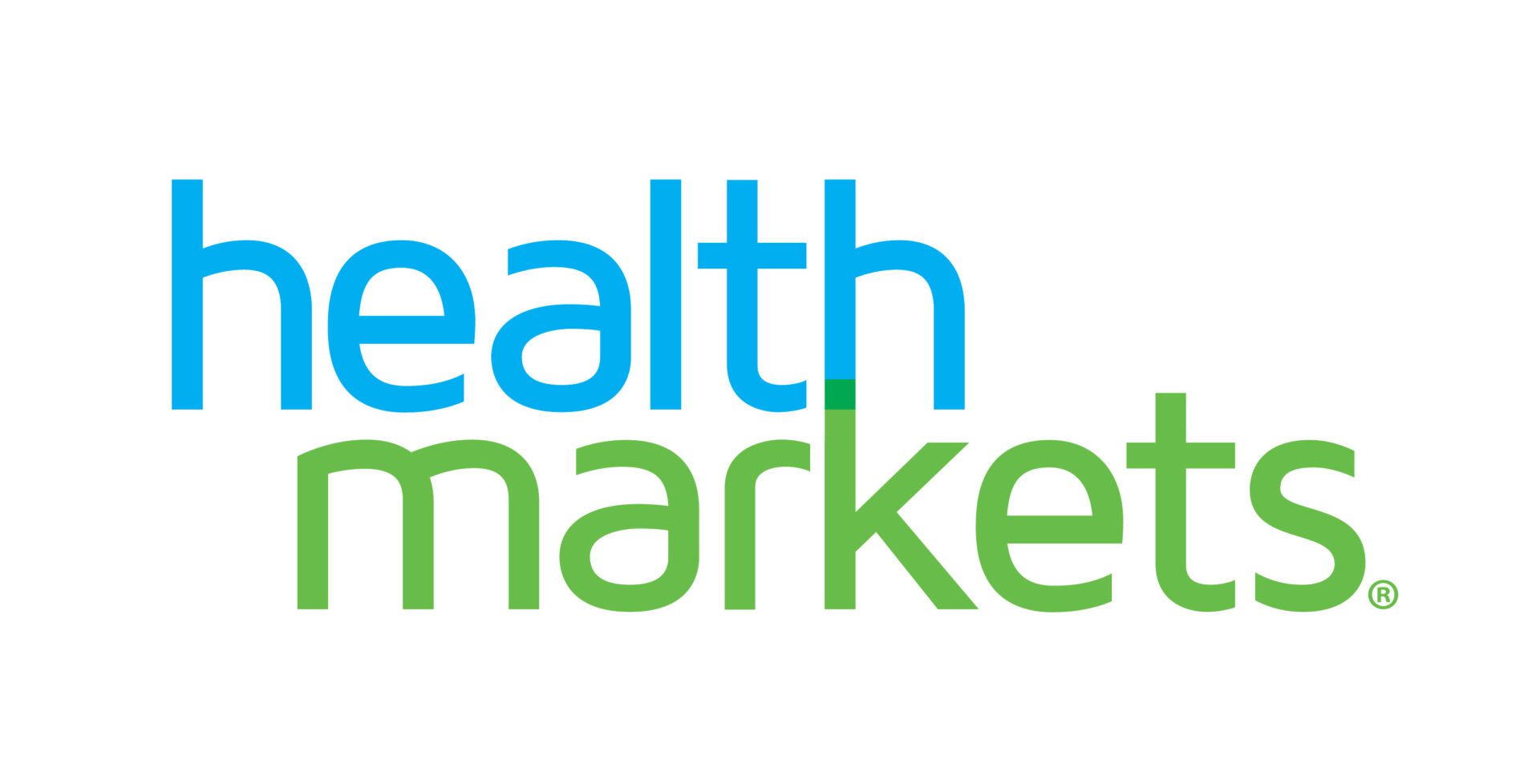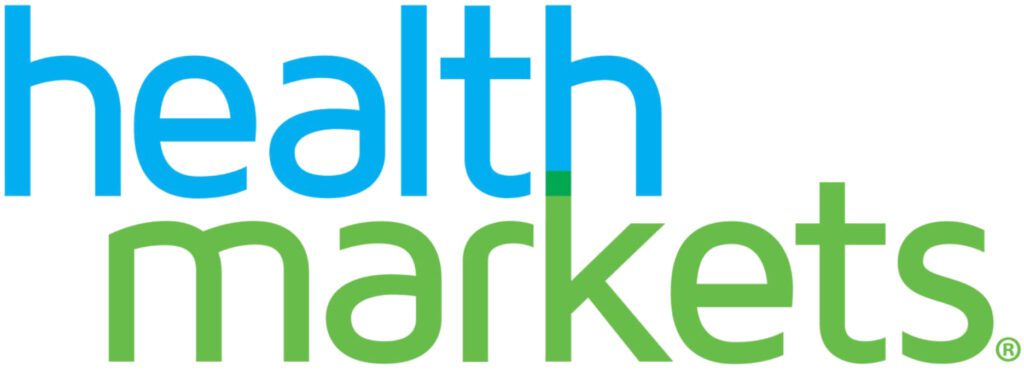The Inflation Reduction Act (IRA) is a new law that aims to lower inflation by reducing healthcare costs, increasing clean energy, and improving tax compliance. The IRA will significantly impact the Part D program, providing Medicare beneficiaries with prescription drug coverage.
Let’s examine how the IRA affects Medicare Part D and explore some proposed benefits that could help beneficiaries.
What Is Medicare Part D?
Medicare Part D is a prescription drug benefit for people with Medicare. You can get it through a stand-alone or Medicare Advantage plan that provides all Medicare-covered benefits. Medicare Part D consists of four phases: deductible, initial coverage, coverage gap, and catastrophic coverage. However, it does not currently have a cap on out-of-pocket spending.
If you want to add Part D, you can learn more about Medicare Supplement Plans and PDP here.
What Is the Inflation Reduction Act?
The Inflation Reduction Act of 2022 (IRA) is part of a series of legislations to improve US economic competitiveness by reducing inflation and addressing other critical priorities. Over the next ten years, it will introduce $2 trillion in new federal spending. The IRA also focuses on reducing carbon emissions, lowering healthcare costs, funding the Internal Revenue Service (IRS), and improving taxpayer compliance.
The IRA promotes domestic manufacturing, encourages buying critical medical supplies from domestic companies or free-trade partners, and supports research and development of advanced technologies. It also allocates funding to environmental justice priorities and emphasizes equity impacts. Experts project that the act will reduce budget deficits by $237 billion over the next decade. The legislation aims to drive economic growth, environmental sustainability, and healthcare affordability.
How Does IRA Impact Medicare Part D?
The Inflation Reduction Act (IRA) has made sweeping changes that can make prescription drugs more affordable and accessible. Here are four ways IRA affects Medicare Part D:
Lowering Out-Of-Pocket Spending Cap
The Inflation Reduction Act (IRA) introduces significant changes to the out-of-pocket spending cap under Medicare Part D. The act will also eliminate coinsurance above the catastrophic threshold by 2024. This means that beneficiaries will no longer have to pay 5% coinsurance on their medication after they reach the threshold.
The legislation will also establish a spending cap in 2025, so beneficiaries will never have to pay more than $2,000 out-of-pocket for their prescription drugs in a year. This spending cap will benefit senior citizens and people who take high-priced medications for cancer, multiple sclerosis, and other conditions.

Insulin Cost-Sharing Limit
The Inflation Reduction Act (IRA) has limited cost-sharing for insulin to $35 per month. This cost-sharing limit applies to covered insulin products in Medicare Part D plans (from January 1, 2023) and insulin provided through durable medical equipment under Medicare Part B (beginning July 1, 2023).
It’s critical to note that the cost limit covers brand-name and generic insulin that’s both self-administered and injectable. The IRA cost limit applies to all beneficiaries, regardless of income or prescription drug coverage.
Eliminates Adult Vaccine Cost-Sharing
From January 2023, the legislation eliminates cost sharing for adult vaccines covered under Medicare Part D. This means that beneficiaries will never have to pay anything out-of-pocket for Advisory Committee on Immunization Practices (ACIP) recommended vaccines like the shingles vaccine, the pneumonia vaccine, and the influenza vaccine.
This provision in the IRA enhances vaccine coverage for adults enrolled in Medicaid. Before this provision, vaccine coverage under Medicaid was optional and varied by state. This significantly impacted access to vaccines for those enrolled in Medicaid, especially those living in states where vaccine coverage was not mandatory.
Financial Assistance to Low-Income Beneficiaries
Starting in 2024, beneficiaries with incomes up to 150% of the federal poverty level will qualify for whole Part D Low-Income Subsidies (LIS). This replaces the partial benefits offered for those with incomes ranging from 135% to 150% of the country’s poverty level.
Currently, beneficiaries with partial LIS benefits have to pay a portion of the Part D premium, deductible, coinsurance, and copayments for certain drugs. However, those with full LIS benefits must only pay premiums/deductibles and modest copayments once they reach the catastrophic coverage threshold.
This provision will significantly help low-income Black and Hispanic Medicare beneficiaries, as they are more likely than their white counterparts to fall into the income range of 135% to 150% of the poverty level. The IRA’s expanded financial assistance will ease the burden of prescription drug costs for these vulnerable populations and improve their access to essential medications.
Drug Price Negotiations
The federal government can negotiate directly with drug manufacturers to work out better prices for expensive brand-name medications covered under Medicare Part B and Part D. Starting in 2026 for Part D drugs and 2028 for Part B medicines, the government will choose a specific number of medicines to negotiate prices for. The program will include more drugs each year, gradually expanding the savings.
While you may not see the full benefit of this provision immediately, you can expect it to help reduce out-of-pocket costs for all Medicare beneficiaries. This means people with Medicare can get the same medications at a more affordable price. It could also positively influence private insurance plans and decrease drug price growth.
With the implementation of the Inflation Reduction Act (IRA), Medicare Part D is set to offer even more benefits than before. If you’re considering adding Part D coverage to your Medicare plan, now is the perfect time.
HealthMarkets Insurance by Eric Zawicki specializes in Medicare Advantage, Supplements Plans, and Prescription Drug (Part D) Coverage. Our team of experts understands the complexities of Medicare and explains the Medicare coverage options to provide you with the best and most affordable option. Don’t navigate the world of Medicare on your own; call +1 (248) 850-4000 for expert advice!


